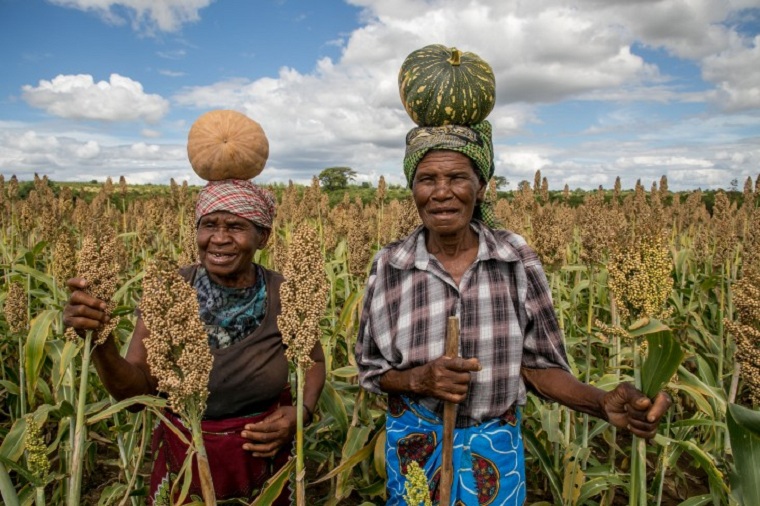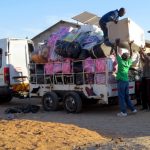The Feed the Future Zimbabwe FARM activity will target 20 000 households in Manicaland and Masvingo provinces and provide innovative technical training and assistance to smallholder farmers to increase their productivity, bolster crop and livestock sales, and improve household nutrition and hygiene, ultimately reducing rural poverty and improving household incomes, the statement said.
“USAID is excited about the innovations the FARM activity will bring, as we assist Zimbabwean farmers and their families to improve their livelihoods and their lives,” the statement quoted USAID mission director Stephanie Funk as saying.
A footnote added: “For more than 30 years, the American people, through USAID have contributed over US$3 billion in assistance to Zimbabwe. Current projects include initiatives to increase food security, support economic resilience, improve health systems and services, and promote a more democratic system of governance.”
The figures were very impressive. But I had two questions:
- Why was a United States government agency interested in Zimbabwe’s agricultural success when Washington had been so against the country’s land reform programme that it had slapped Harare with sanctions which were still in force today?
- Why was the contract being awarded to a US company? Wasn’t there a Zimbabwean company that was good enough?
It did not make sense for a government to sponsor a programme that it seemed to be totally against but Perkins says in his book that USAID, the World Bank and the International Monetary Fund are used by Washington to promote United States companies and to change unfriendly governments.
That made more sense. American journalist, Nick Turse said in May this year “when it comes to Africa, the messaging suggests, America’s focus is on saving lives, not ending them. But a wealth of evidence reveals that the opposite is true….”
Though in his story, Turse gave the examples of Libya and Somalia which received US assistance but had at the same time been bombed more than 1 500 times, the same could be said about Zimbabwe.
Continued next page
(305 VIEWS)
This article contains new, firsthand information uncovered by its reporter(s). This includes directly interviewing sources and research / analysis of primary source documents. As a news piece, this article cites verifiable, third-party sources which have all been thoroughly fact-checked and deemed credible by the Newsroom in accordance with the Civil Constitution.Civil: Credibility Indicators
Original Reporting
Sources Cited


